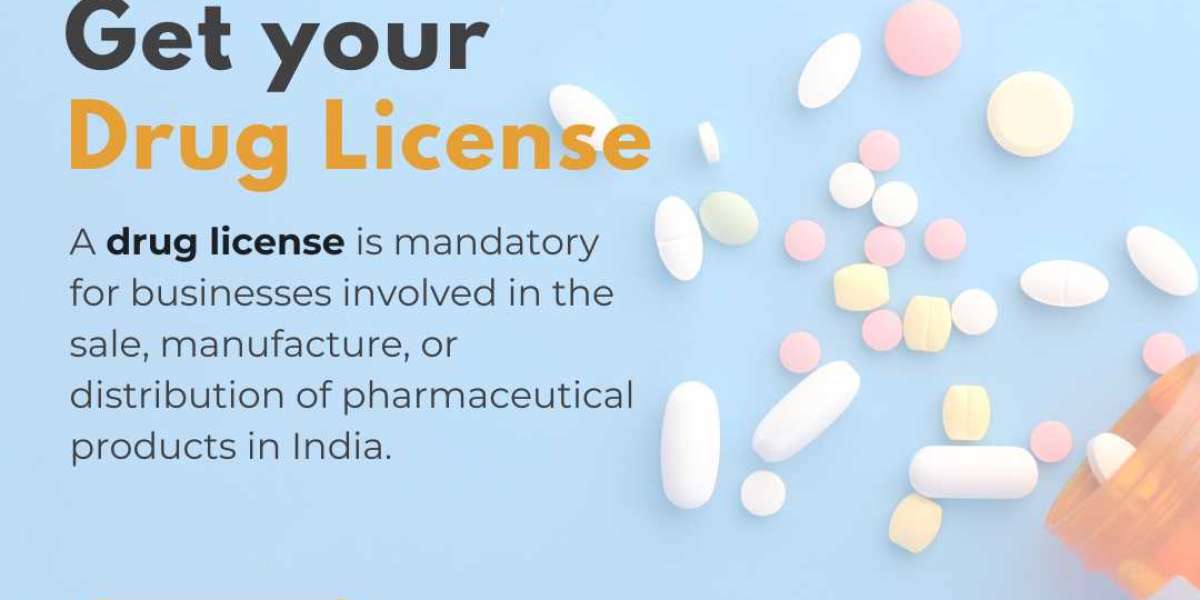One of the first steps in optimizing your supply chain is implementing a transparent and traceable system. This includes leveraging technology such as blockchain, IoT-enabled tracking, and advanced analytics. These tools provide real-time visibility into inventory levels, shipment locations, and potential bottlenecks, allowing businesses to make informed decisions quickly. Additionally, traceability ensures compliance with regulatory requirements and protects against counterfeit products, which is critical in maintaining consumer trust and brand reputation.
Another essential aspect is strategic sourcing. By carefully selecting reliable suppliers and maintaining strong relationships, pharma companies can minimize the risk of shortages, delays, and quality issues. Regular audits and quality checks are crucial to ensure that suppliers meet industry standards and adhere to Good Manufacturing Practices (GMP). Companies should also consider diversifying their supplier base to avoid over-reliance on a single source, reducing vulnerability to unforeseen disruptions such as natural disasters or geopolitical challenges.
Market access plays an equally vital role in growth optimization. Understanding regulatory requirements across different regions is essential for smooth entry and expansion. This includes complying with local licensing, labeling, and reporting standards. Engaging with regulatory consultants and using compliance tools can streamline this process, saving time and reducing the risk of non-compliance. Moreover, establishing partnerships with distributors and leveraging digital channels for sales can enhance reach, making products accessible to a broader audience.
Investing in logistics efficiency is another factor that contributes to supply chain integrity. Efficient warehousing, cold chain management for temperature-sensitive drugs, and optimized transportation routes can reduce operational costs and delivery times. Implementing predictive analytics for demand forecasting ensures that inventory aligns with market needs, preventing overstocking or stockouts. Pharma companies that prioritize efficiency while maintaining strict quality controls are better positioned to respond to market fluctuations and customer demands.
Finally, integrating these strategies with a culture of continuous improvement ensures long-term sustainability. Regularly reviewing supply chain performance, assessing market dynamics, and adopting new technologies helps businesses stay agile and competitive. By focusing on both supply chain integrity and market access, pharmaceutical companies can drive growth, build trust with stakeholders, and expand their presence in domestic and international markets.
Agile Regulatory supports pharma businesses in optimizing their operations, ensuring compliance, and facilitating market access for sustained growth.







